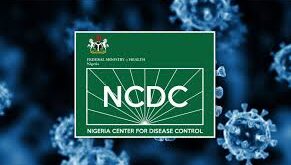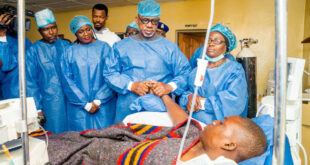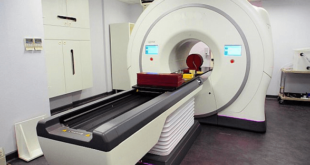By Femi Ogunshola
The House of Representatives has called for domestic financing and locally manufactured malaria vaccines in a bid to stop the menace of the disease.
Rep Benjamin Kalu, the Spokesperson of the House of Representatives, made the call in a statement issued in Abuja against the backdrop of the 2023 world malaria day celebration.
The theme of the 2023 world malaria day is, “Time to deliver zero malaria: invest, innovate, implement,” with a particular focus on the implementation of strategies to reach especially the vulnerable age group children under 5 years and Pregnant women.
He said the 9th National Assembly had identified lack of domestic financing and lack of use of local content in terms of production and patronage of local manufacturing of LLINs and antimalarial drugs as a key challenge.
According to him, to address this the sum of over $ 300 million has been approved under the World Bank and the Islamic Bank IMPACT projects to address and compliment donor support.
“However, this effort is at a slow speed in implementation despite the passage of the legislative resolution in December 2021 to access the credit facility, none of the essential commodities has been procured.
He said the latest World Malaria report showed that the World Health Organisation (WHO) African Region beared a high percentage of the global malaria burden, with Nigeria having the highest burden in the world.
He said in 2022, the African region beared the burden with approximately 95 per cent of all malaria cases and 96 per cent of deaths, with children under the age of five accounting for 80 per cent of all malaria deaths.
“Four African countries, including Nigeria, accounted for over half of all malaria deaths worldwide. Nigeria alone accounted for 31.3 per cent of global malaria deaths.
This according to him is followed by the Democratic Republic of the Congo with 12.6 per cent the United Republic of Tanzania 4.1 per cent, and Niger 3.9 per cent.
Kalu said, in Nigeria, malaria remained a significant public health challenge with an estimated 97 million cases and 300,000 deaths annually.
He said, although progress had been made in reducing the burden of the disease, adding that much work still needed to be done to eliminate it.
He said the key areas of challenge to address the malaria burden in Nigeria have been issues of donor dependence for malaria intervention in the country.
“The House of Reps thanks the Global Fund, USAID/PMI, DFID and other philanthropic organisations that had supported Nigeria over the year.
He also commended their effort and their great call for domestic financing and the African countries to take ownership by encouraging locally produce antimalarial commodities.
(NAN)
Subscribe to the Advocate News letter and receive news updates daily in your inbox.
 Advocate.ng Latest news update on politics, entertainment, sport and more
Advocate.ng Latest news update on politics, entertainment, sport and more




